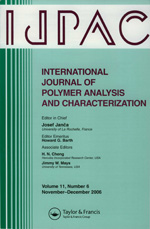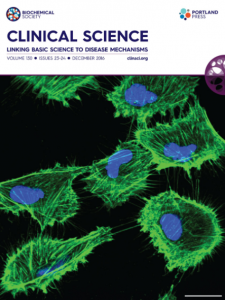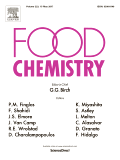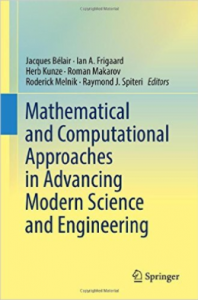
A journal has retracted six papers by a cancer researcher at the University of Maryland in Baltimore, bringing his total to 10.
The retractions cite an investigation by the university, and detail problems ranging from duplicated images, to tweaking an image to conceal particular bands, to including unreliable data.
Three of the papers had already been flagged by the journal with expressions of concern. The last author on all the papers is Anil Jaiswal, a professor in the pharmacology department. He has issued four previous retractions.
Bruce Jarrell, the Chief Academic and Research Officer and Senior Vice President at the University of Maryland, told us at least two more retractions are forthcoming:
Continue reading Cancer researcher logs 6 retractions, bringing total to 10
 It’s been a long and winding road for a whistleblower at Indiana University, South Bend.
It’s been a long and winding road for a whistleblower at Indiana University, South Bend.
 After a research group submitted two similar papers only days apart to different journals, one journal has retracted the paper — and told the other it should do the same.
After a research group submitted two similar papers only days apart to different journals, one journal has retracted the paper — and told the other it should do the same.

 Please join us in welcoming our newest staff writer, Victoria Stern, to the Retraction Watch team.
Please join us in welcoming our newest staff writer, Victoria Stern, to the Retraction Watch team. Journals have retracted two papers after they were flagged by a pseudonymous blogger, who suspected all had copied text from other sources.
Journals have retracted two papers after they were flagged by a pseudonymous blogger, who suspected all had copied text from other sources.
